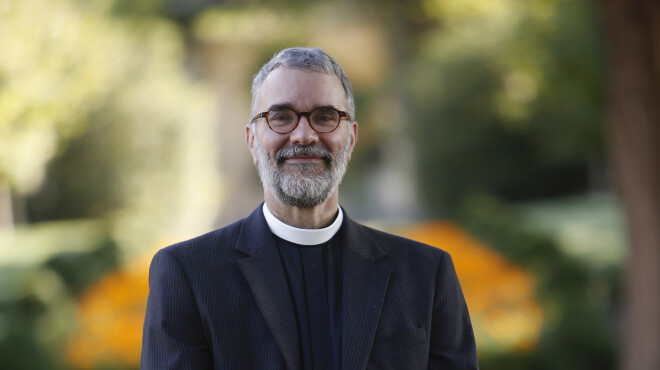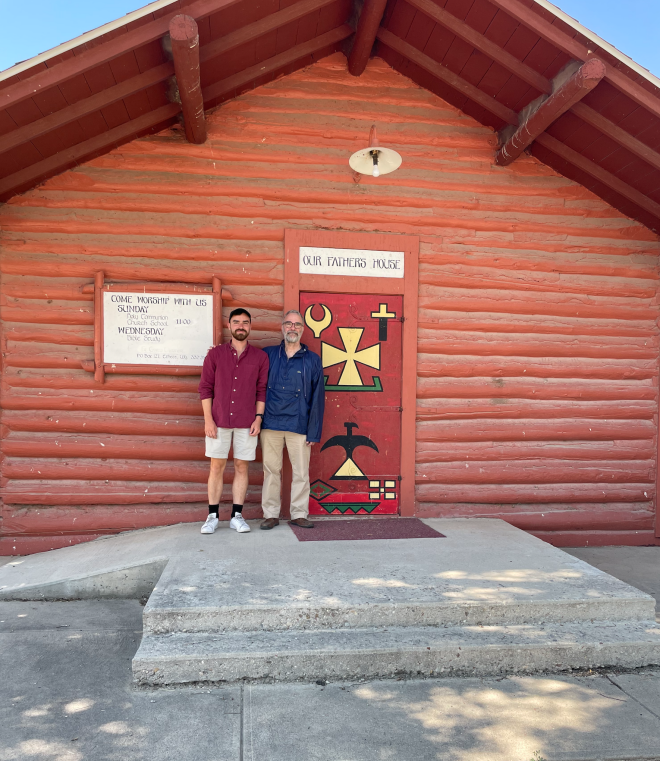Communion Matters 1

Sixty years ago, in Toronto, Canada, for the last time in our Anglican history (so far), representatives, lay and ordained, came from around the world for an Anglican Congress. It was not a convention with decision making responsibility, but a global gathering for celebration, education, and encouragement. It took place at an interesting moment, the dawning of the rise of Anglicanism in the Global South, and the waning of influence of our Churches in the nations of the North. In this respect there will never again be such a meeting, though in other ways it is not hard to empathize- the communique talked of living in a time of crisis with an unparalleled need for reconciliation!
The Congress called on Churches in provinces throughout the world to think as one about the needs and resources of the mission of Christ in the world. It pointedly, but in retrospect unrealistically, spoke of bearing in mind that a new organ in New York might mean fifteen fewer priests in Asia. It called common fund of $15,000,000, ambitious then but modest now, for us accustomed to reading of deficits with more zeros than that. Neither the conference nor its manifesto bore much tangible fruit. But the call itself remains, perhaps like the visions that awaits the time in the prophet Habakkuk (2:3).
The conference summoned us Anglicans to think of the ‘mutual responsibility and interdependence’ which follows from our being ‘the Body of Christ.’ That way of speaking of the Church, found frequently in the New Testament, describes something deeper than discreet acts of trans-oceanic philanthropy, but rather a way of understanding what it means for us to be members of the Church.
One of the great living philosophers is a Canadian Roman Catholic named Charles Taylor. He speaks of the ‘social imaginary,’ by which he means the way culture seeps into and throughout us, so that we make assumptions about ourselves and the world and people around us which seem to be simply givens. Human beings always live in some social imaginary or other, and ours includes a strong sense of each of our individuality, of own leeway to make choices as central to who we are. Taylor is neither agreeing nor disagreeing, but rather describing. Because this is so for us, in ways we may not often notice, the side of human life which is shared, communal, which assumes ‘mutual responsibility and interdependence,’ is something we have to recall, to be awakened to, often to be challenged by. Of course, we know more of this dimension of reality than we at first recognize. The married have entered by a covenant before God into being ‘one flesh,’ and as a result we live in families which are not simply conglomerations of individuals, which after all is why negotiating individuals needs and desires is demanding. Communion is a dimension of our life as human beings, but takes on a greater depth and spiritual reality within and as the Body of Christ.
We are called by God in many ways in our time, but a number of these ways come back to rediscovering the being-with side of the life given to us by God. To encourage this rediscovery, this series will be considering ‘Communion’ from a number of angles. I hope you will read it in conjunction with the missionary epistles from our own Fr. Trent Pettit, whose calling to serve in the Province of Egypt also opens our eyes to that ‘mutual responsibility and interdependence in the Body of Christ.’
Peace,
+GRS




